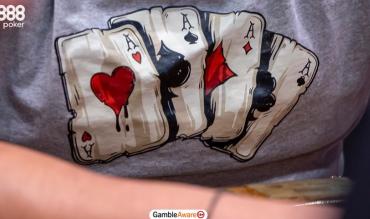Updated on July 25, 2025
Poker is one of the most rewarding solo pursuits you can do outside of the bathroom. It offers a chance to test yourself mentally, tactically and emotionally. It’s you alone against the world, no poker coach, no timeouts, no teammates running sims on the rail, well, not anymore anyway.
It can have you dancing to the ATM or cursing your stupidity as you cradle a drop-kicked computer mouse. Don’t worry, we’ve all done it. There’s nowhere to hide, no phone-a-friend, no ChatGPT, and thankfully, no more analogies in this paragraph.
Joking aside, however, the sanctity of poker is its solitude. With our skills to count on, it can push us to emotional limits or uncover a strength and resilience we didn’t even realise we had.
It’s a strategic war of discipline and skill, and everyone’s alone in the trenches. That’s the magic of it until it isn’t – even for the best poker players of all time!
Unfortunately, money can bring out the worst in people, and some are willing to cheat to get their greasy hands on yours. One of the ways they do it is through collusion…
But what is collusion in poker, and how can you avoid becoming its next victim?
What Is Collusion?
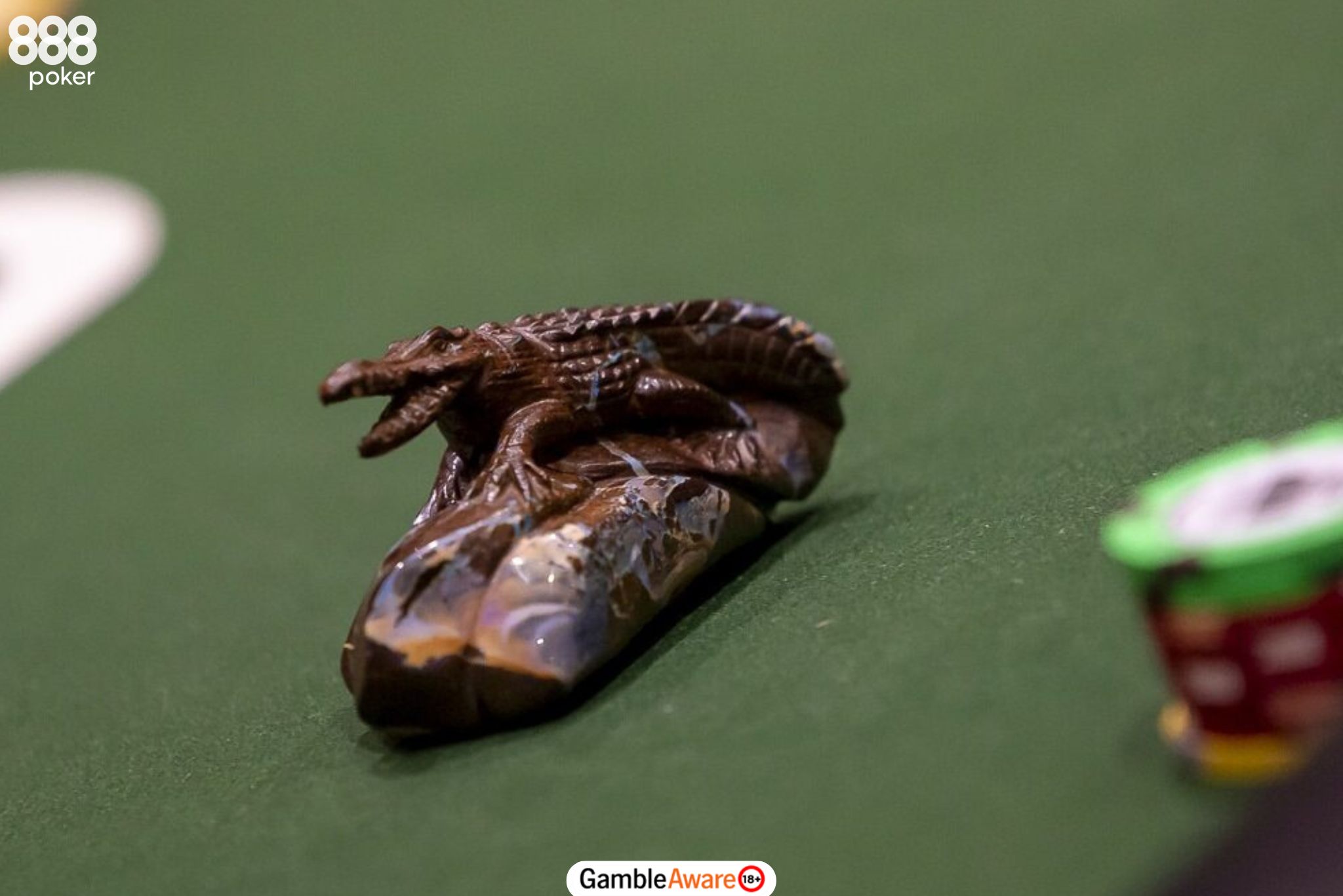
If you’ve opened this article, you might be unfamiliar with the term. Collusion in poker is the act of two or more players intentionally working together to gain an unfair advantage.
Like being outnumbered in a street fight, colluding players can use their numerical edge to get the better of you, even if you’re a much better player.
What is collusion in poker? It’s the moment poker games stop being pure. It turns mano-a-mano into a mismatch, and it undermines the nature of the game.
But what does collusion look like, and how can you protect yourself from it at the tables?
Why Do People Collude?
Usually, people collude because they lack the skill set, patience or moral compass to win fairly, but that’s not always the case.
What Does Collusion Look Like?
Collusion can take many forms and exists whenever two or more players work together to gain an unfair advantage.
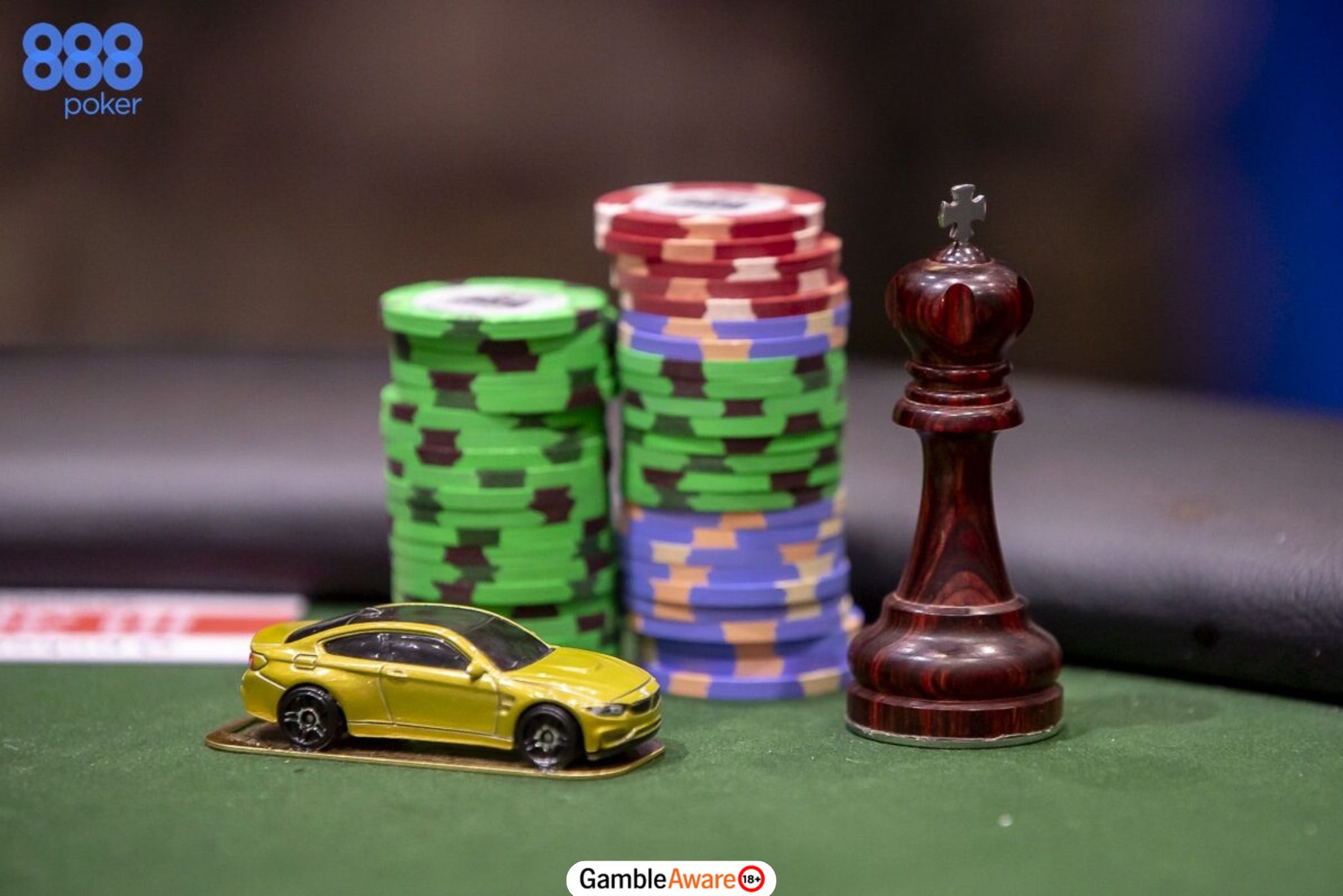
Examples go beyond a poker cheat sheet and include the following:
- Chip dumping (where one player intentionally loses chips to another)
- Soft playing (where two players avoid playing big pots against each other)
- Mucking the best hand at showdown to pass chips to a partner
Methods vary, but the motive doesn’t.
How to Spot Collusion
Poker is a game of incomplete information, so collusion can be hard to prove beyond doubt, but the signs will be there if you pay close enough attention.
Obvious indicators include when two or more players:
- Play unusually passive against each other, especially at showdown
- Play most of their hands at the same time
- Rarely 3-bet each other
- Rarely attack each other’s blinds
- Act suspiciously away from the table
- Say things or make gestures that coincide with a particular hand strength
The key is to look for repeated patterns. One weird situation proves nothing, but twenty-five start to paint a damning picture.
Collusion in Live Poker
A combination of CCTV and the fact that you can literally see each other makes collusion in live poker trickier. You need to know your teammate’s hand to collude, and you’ll get called out quickly if your mate Ken flashes his poker hand whenever you’re in a pot with him.
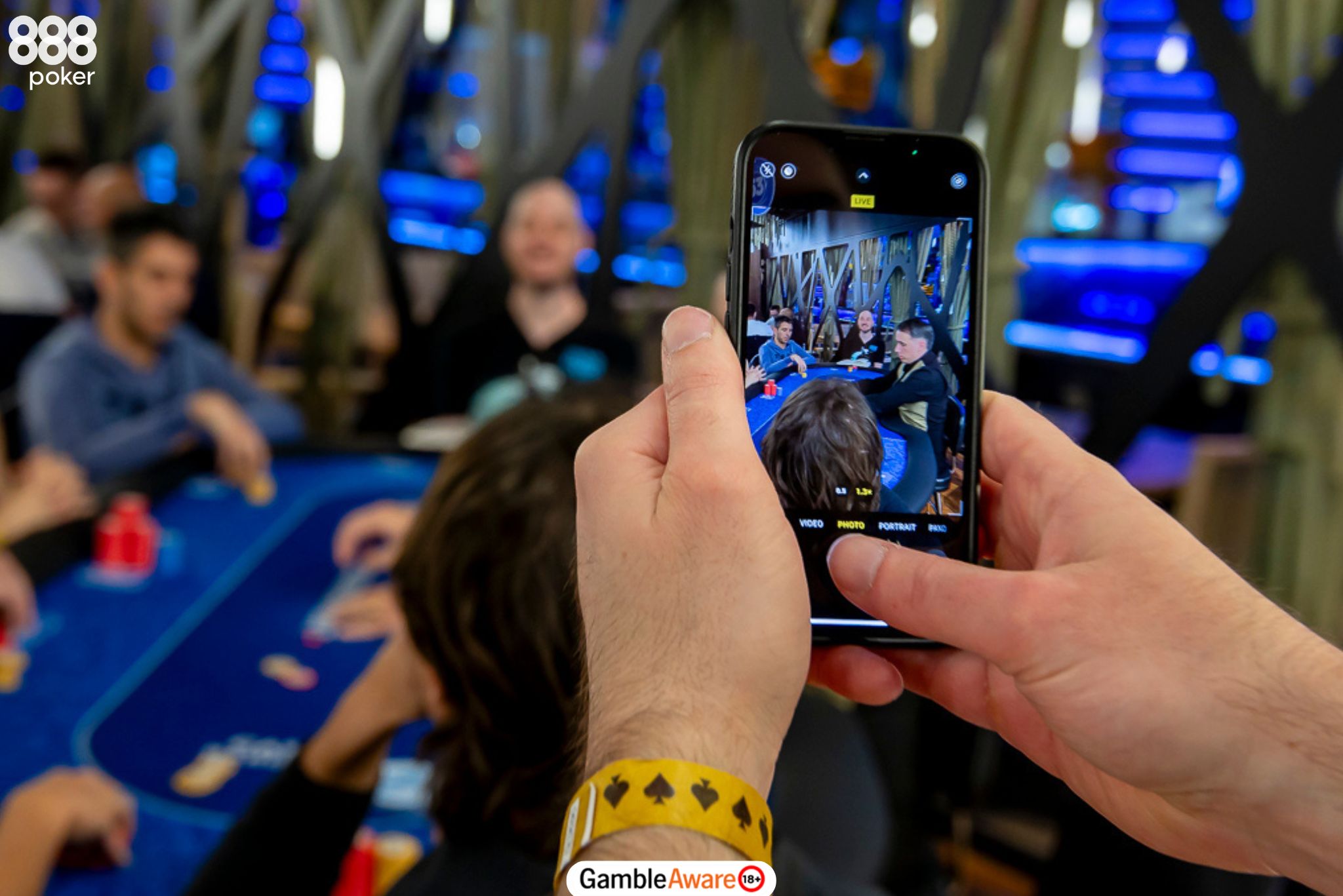
Collusion in live poker is not impossible if players can find a way to communicate the strength of their poker hands. Traditionally, players use signals, and the most successful colluders develop sophisticated systems that can be accurate and hard to detect, which makes you wonder how successful they’d be if they learned to play properly.
One famous example is that of Jean-Paul Pasqualini and Cédric Rossi, who were colluding in the 2009 Partouche Main Event.
Their system circumvented poker probability and involved touching two parts of their face to represent their cards.
In one damning hand, Pasqualini held AK and tapped his head to signal an ace, and then his eye to represent a king. After re-raising, Rossi tapped his head twice to indicate pocket aces, and Pasqualini made the fold.
It was a simple but effective system that might have worked, had the event not been broadcast live (lol!).
Online Collusion
The internet has made many things easier, and unfortunately, poker collusion is one of them. Since collusion in online poker is illegal, it’s banned on all reputable platforms.
However, enforcement is limited to bans and account seizures, which means that some cheaters still take the risk, especially given the distance and anonymity that online play offers.
Unlike in the casino, it’s easy to share cards online. Poker sites attempt to prevent two people from playing on the same table simultaneously on the same Wi-Fi, but players can still share screens or coordinate through voice chat or messaging.
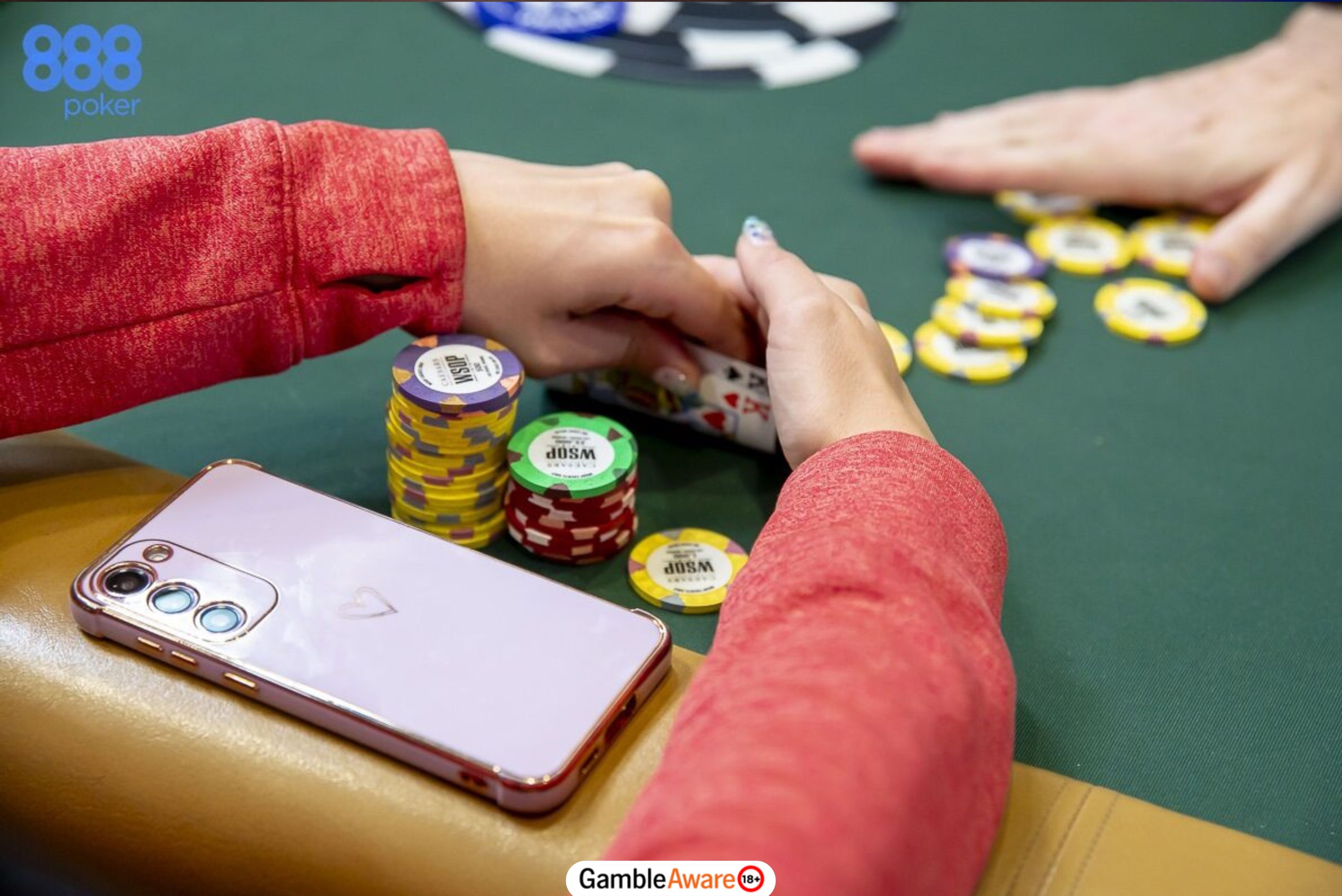
Some cheating groups might even have one person play both accounts late in a tournament.
And yes, in case you’re wondering, is collusion in online poker is legal? The answer is, no, no matter how subtle the method or clever the excuse.
What to Do If You Suspect Collusion?
Reporting collusion is easy online, since all hand histories are documented. Make note of usernames, save hand histories and use the platform’s reporting tools to explain your suspicions.
Things are different in live types of poker games. Here, it’s best to keep quiet if you suspect collusion. A premature “Shame! Shame! Shame!” will let the cheaters know you’re on to them, and they’ll stop, which can make them harder to catch.
Instead, gather proof quietly.
Once you’ve got a strong argument, speak to the floor staff discreetly and they will keep an eye on things for you.
Don’t mention it to other players either—they might be in on it.
When It’s Legal… but Still Dodgy
Not all co-operative play is illegal. In tournaments, for example, it’s common for players to tank on the bubble to let shorter stacks bust first. Middle stacks might avoid significant confrontations, hoping to ladder up the payouts.
Players might check it down in multi-way pots to increase the odds of knocking out an all-in opponent. Though this act is flirting with the line of collusion, it’s not cheating since each player is still acting in their interest.
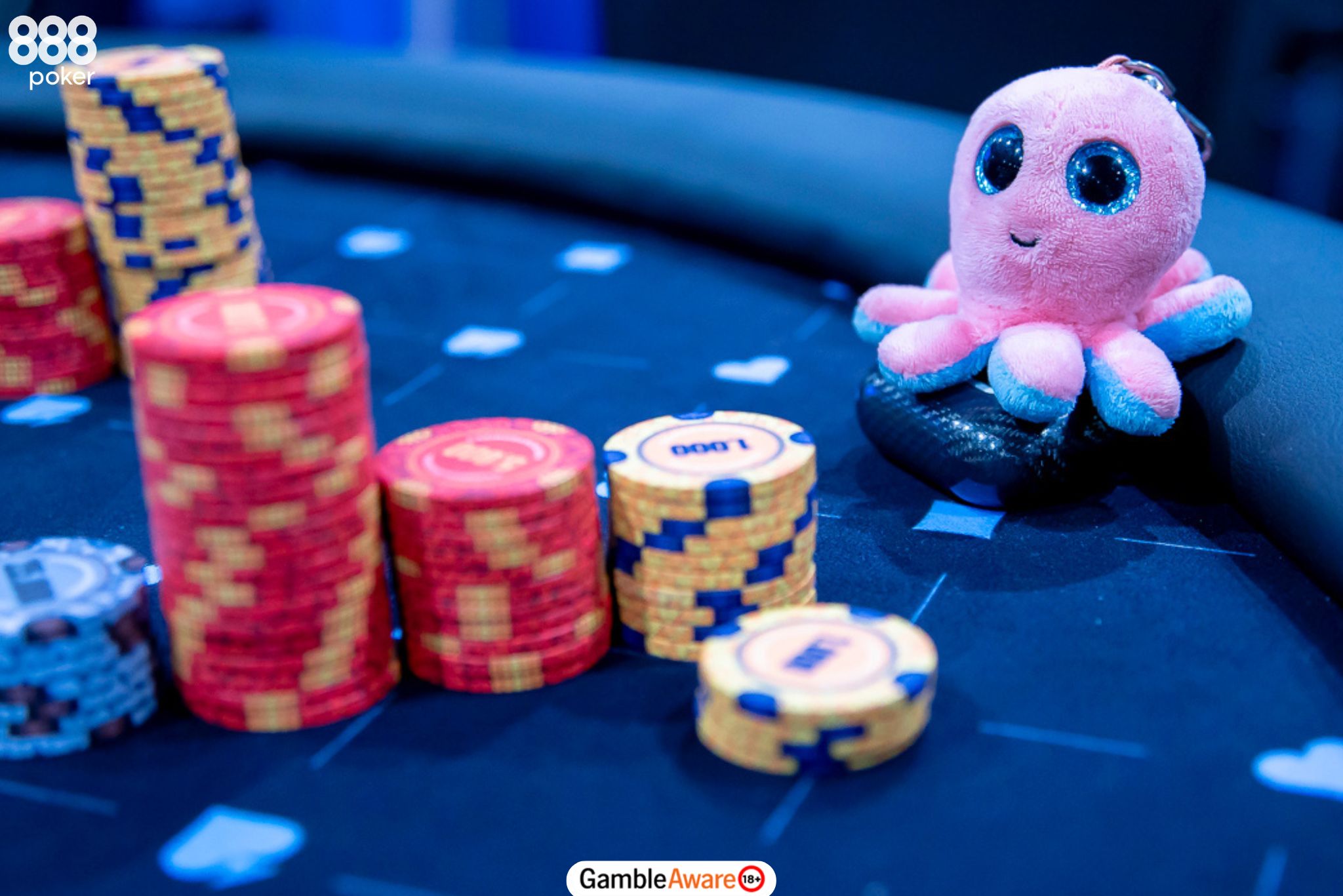
Another form of pseudo-collusion involves a nuanced type of GTO poker tournament deal designed to avoid taxes. Some countries, like the United States, tax poker winnings heavily, while others, like the UK, don’t tax winnings at all.
Some players make unofficial deals by letting the person who pays less tax win the tournament and settling later. It’s not quite collusion in poker, but it’s close—and not recommended.
Bizarrely, the 2025 WSOP Millionaire Maker saw Jesse Yaginuma accused of colluding when heads-up against James Carroll. Heads-up collusion sounds pointless, but Yaginuma was involved in a promotion that offered a seven-figure payout if he won the event.
Yaginuma began heads-up play with a huge chip disadvantage, but Carroll started folding… a lot.
Eventually, Yaginuma came back, won the title, and secured the bonus.
H2: How Poker Fights Back
Collusion can be hard to prove, but poker isn’t defenceless. Modern online card rooms use software to detect unusual patterns in betting, folding and table behaviour.
The software is constantly improving, and serious offenders are rarely able to get away with it for long.
Live poker has safeguards, too. Players must show hands in all-in situations, and anyone can request to see a mucked hand at Showdown, which can combat chip-dumping.
Shot clocks can crack down on excessive tanking in tournaments, particularly near the bubble, making the event more enjoyable for everyone.
What is Collusion in Poker Quiz
So, there you have it, everything you need to know about collusion in poker and how the game is fighting back.
Here’s a quiz to see how much you can remember:
- Collusion refers to two or more players working together to gain an unfair advantage.
- Soft playing between friends is completely legal.
- One suspicious hand is enough to prove collusion.
- Online colluders might use screen sharing or voice chat.
- You should call players out as soon as you suspect cheating.
- Shot clocks help reduce collusion.
- Live players may use physical signals to cheat.
- Checking down with friends is always allowed.
- Players can collude to save tax.
- Poker sites can ban and confiscate funds.
Poker Quiz Answers
- True
- False
- False
- True
- False
- True
- True
- False
- True
- True
See Also
